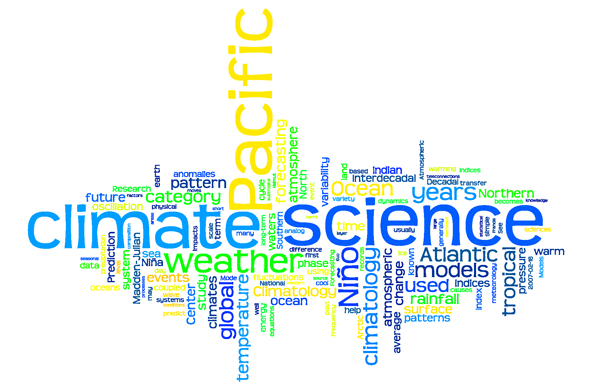Working Smarter: Leveraging Machine Learning to Optimize CO2 Adsorption

 In a recent study published in Environmental Science and Technology, a collaborative research team from Korea University and the National University of Singapore employed a machine learning-based approach that may guide the development of future porous carbon synthesis strategies. The scientists noted that there are three core factors influencing the CO2 adsorption properties in BWDPCs: the elemental composition of the porous solid, its textural properties, and the adsorption parameters at which it operates, such as temperature and pressure. However, how these core factors should be prioritized when developing BWDPCs has remained unclear, until now.
In a recent study published in Environmental Science and Technology, a collaborative research team from Korea University and the National University of Singapore employed a machine learning-based approach that may guide the development of future porous carbon synthesis strategies. The scientists noted that there are three core factors influencing the CO2 adsorption properties in BWDPCs: the elemental composition of the porous solid, its textural properties, and the adsorption parameters at which it operates, such as temperature and pressure. However, how these core factors should be prioritized when developing BWDPCs has remained unclear, until now.
